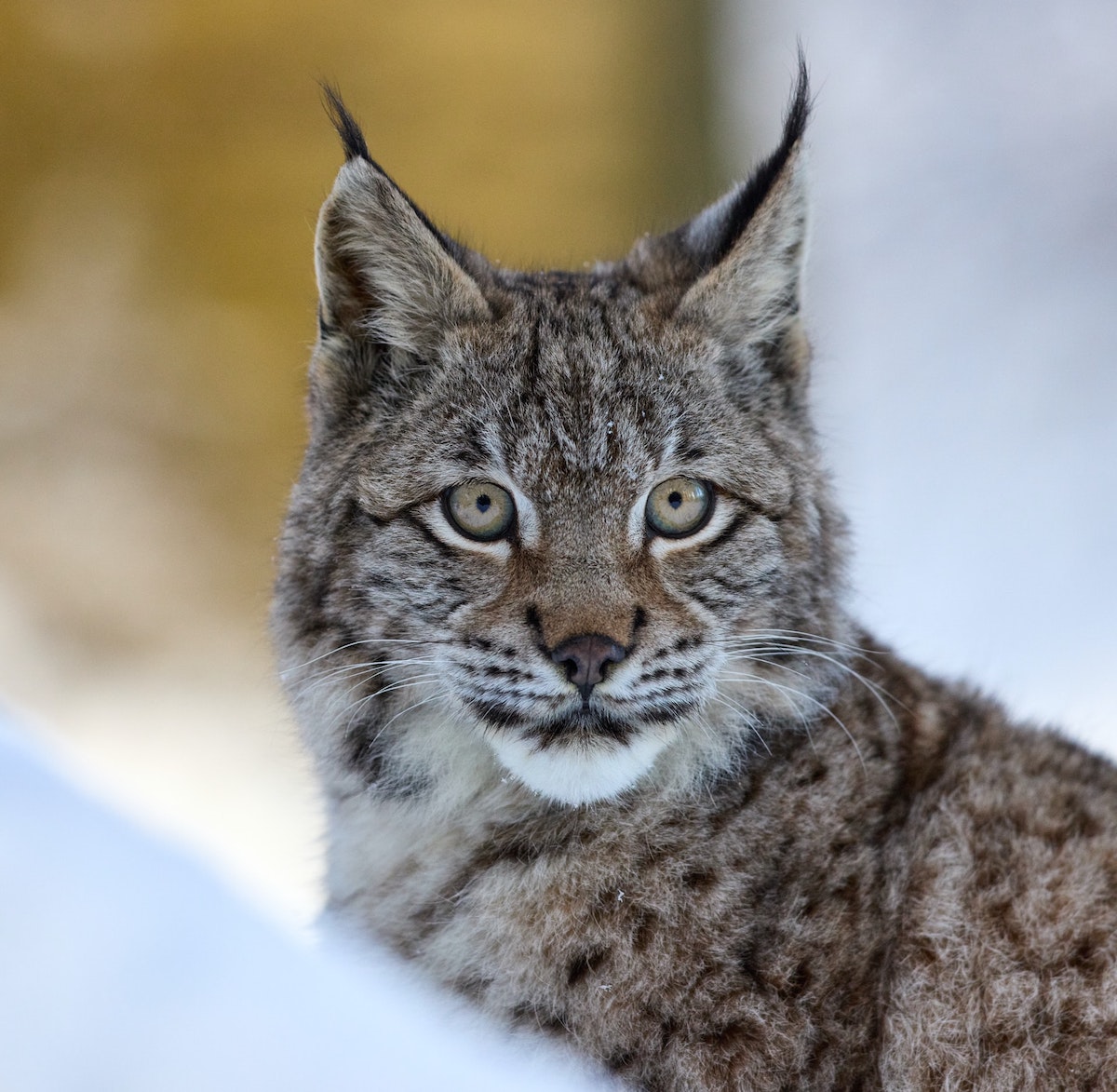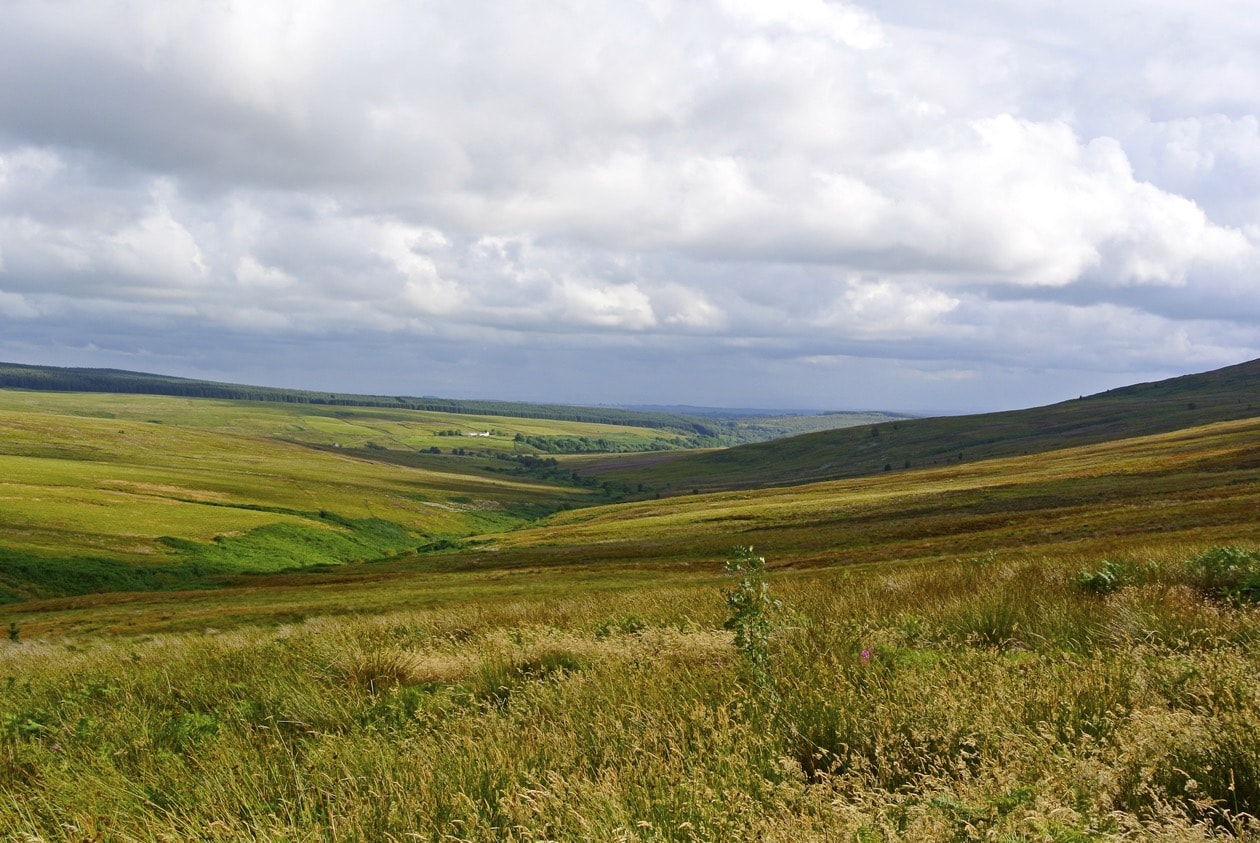
According to the first comprehensive investigation into the social feasibility of the species’ return to Scotland, there is enough interest from a diverse cross-section of rural stakeholders to assess whether potential impediments to a trial reintroduction of Eurasian lynx to Scotland can be addressed.
The Lynx to Scotland project commissioned the study, which spent a year in the Cairngorms National Park and Argyll consulting a wide range of national stakeholders and local people. SCOTLAND: The Big Picture, Trees for Life, and Vincent Wildlife Trust organised the event.
According to previous studies, the Highlands have enough habitat – as well as roe deer, the lynx’s favourite prey – to maintain a population of 400 wild lynx. However, the study’s sponsors claim that a successful reintroduction is more dependent on public opinion than on ecological research.
Over 100 interviews, as well as five online webinars and four community events, were conducted as part of the new study, with wide participation from a variety of groups, including farmers, gamekeepers, foresters, conservationists, landowners, tourism operators, and rural communities.
Despite the diverse viewpoints, there was agreement on the need for a collaborative, cross-stakeholder approach to further investigate the benefits and challenges of lynx restoration. The report suggests forming a Lynx Action Group to foster trust among stakeholders and address areas of disagreement regarding science and local knowledge, as well as some stakeholders’ legitimate concerns.
“When it comes to the return of the lynx, we’re in the realm of not yet – but not never. Positively, this new research shows there is sufficient appetite amongst different stakeholders to develop a more comprehensive understanding of this little-known species and the potential for its return to Scotland,” said Peter Cairns, Executive Director of SCOTLAND: The Big Picture.
“The overall willingness across different sectors to engage in constructive and thoughtful discussions is heartening and very welcome.”
The research revealed that opinions on lynx reintroduction are significantly more varied and sophisticated than a simple “for” or “against” argument. Different viewpoints were identified, with some in favour of reintroduction due to environmental and economic benefits, some opposed, and others who do not believe lynx should be returned at this time but are open to discussing future prospects.
Lynx are solitary woodland hunters who avoid humans and are rarely observed. The species’ range and numbers are spreading across Europe, with successful reintroductions bringing ecological and environmental benefits to a variety of countries, many of which are denserly populated than Scotland, as well as to agriculture, hunting, forestry, and tourism.
Source: Daily Scotland





